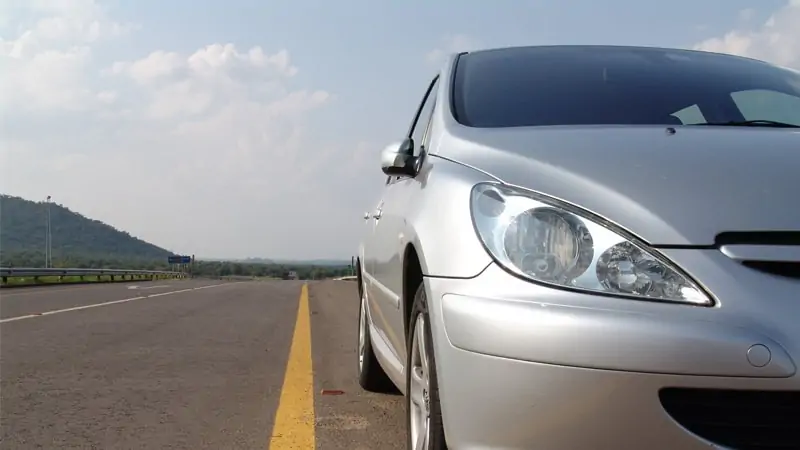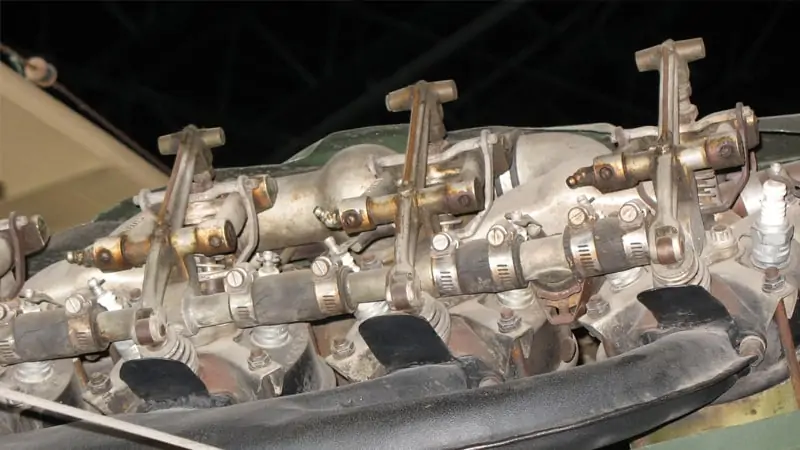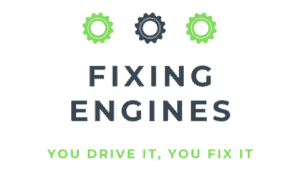Flooring your car refers to the process of pressing your foot down on the accelerator pedal until it makes contact with the floor. If you’ve ever been behind the wheel of a car, it’s almost probable that you’ve pressed the gas pedal at some point. However, you may have wondered if it’s bad to floor your car.
Flooring can be beneficial to your vehicle; you just have to know when to do so. Try not to pound on the gas pedal when your car isn’t fully warmed up, when you’re just starting off on your drive, or when you’re cruising at a low rev range. On the other hand, the use of occasional flooring might help to reduce carbon buildup and open valves in your system.
In automatic vehicles, flooring the gas pedal occurs when you apply excessive pressure to the pedal to the point where it literally touches the floor. It’s primarily used by race automobiles, but anyone can choose to floor their car. In order to assist you if you are confused about whether or not flooring is advantageous to their vehicle, we’ve put together this guide.
Does Flooring Gas Pedal Damage Your Car?

There are pros and cons to flooring your gas pedal. This may help or damage your car, depending on how you use it.
Pros
1. Prevent carbon buildup
Carbon buildup in your car may be avoided by sometimes flooring your throttle pedals. In the long term, this can help your car last longer by preventing carbon buildup from clogging the valves.
2. Speed
So, when you’re in a hurry to go somewhere or want to beat that green light, you’ve probably mashed the gas pedal without thinking about what it’s doing to your vehicle. This is due to the fact that you know it has your back.
3. Overtake safely
When you need to pass another vehicle, you’ll need a boost. You’ll get that boost by stomping on the gas pedals, which will aid you in securely overtaking. This will save you time and will cause no damage to your vehicle because it is only for a few seconds.
4. Cleans valves
Pressing your gas pedals to the floor might really assist in cleaning valves. However, keep in mind that this should only be done on a rare occasion and after the car has sufficiently warmed up.
Cons
1. If your car isn’t warmed up, it will suffer from excessive wear and tear
If you press on the throttle pedal at the start of your drive, you’re likely to harm your vehicle and put it through unnecessary wear and strain. Allow time for your automobile to warm up before revving the engine. Allow enough time for the oil to warm up and circulate throughout the engine.
You can mash the gas pedal as much as you want after driving for more than 5 minutes. This is because your automobile is fully warmed up and ready to go at that point!
2. It is bad for the engine
You don’t want to floor your gas pedal if your car is running at a low RPM. It delivers mixed signals to the engine, which is at rest and attempting to perform at maximum capacity at the same time.
There’s even a phrase for it: dragging your engine. This will cause trouble for your car in the long run, and it will require frequent repairs.
3. Gas Wastage
You’ll consume a lot more fuel than you think if you keep your foot on the gas pedal. It will get you to your destination faster, but if you run out of gas, your automobile may have to halt in the middle of your journey.
People who are concerned about their gas use should not floor the gas pedal. If you’re one of them, don’t press the gas pedal all the way down.
4. The unneeded strain on your rear wheel vehicle
If you possess a stock rear-wheel-drive vehicle, you should not press the gas pedal completely. This will not only cause long-term damage to your car, but it will also place strain on numerous vehicle components, potentially resulting in unsafe driving outcomes.
What Happens When a Car Accelerates Hard?

Hard accelerations are accompanied by a loud “vroom” or revving noise. They’re massive gas guzzlers, but that’s only the tip of the iceberg when it comes to why hard accelerations are a concern. Here are what happens when you accelerate your car hard:
It’s expensive in terms of fuel efficiency
Accelerations that are too fast or too hard put a strain on the engine and transmission, causing it to consume fuel more quickly. When drivers “gun it,” the vehicle interprets this as a request for more power, using more gasoline than would be required to achieve the same speed more gradually.
According to the US Department of Energy, driving habits such as rapid accelerations and hard braking can reduce gas consumption by 15 to 30 percent on highways. Hard accelerations consume more fuel, releasing more pollutants and carbon dioxide into the atmosphere.
Those who make hard acceleration often practice hard braking
Aggressive driving is characterized by rapid accelerations, and aggressive driving practices are dangerous. Drivers who abruptly brake put themselves at risk of a rear-end collision.
Hard accelerations cause wear and tear on a vehicle
While driving, drivers who accelerate quickly prefer to hurry to the next light, forcing them to stop harder over a shorter distance. Harder braking can cause brakes to overheat, resulting in brake damage and a shorter lifespan.
Hard braking and acceleration cause more wear and tear on automobiles, necessitating more maintenance and jeopardizing the vehicle’s safety, resulting in higher car maintenance costs. Hard braking reduces the lifespan of the brakes and wears out the pads, forcing them to be replaced more frequently over time.
Hard braking puts additional strain on the suspension, ball joints, wheel bearings, and other components. All of this wear and tear may be regulated and reduced by requiring drivers to use safer braking and acceleration techniques.

